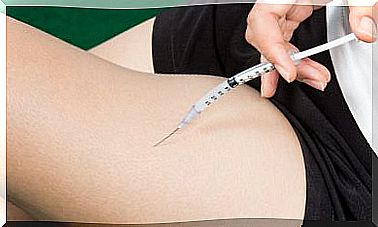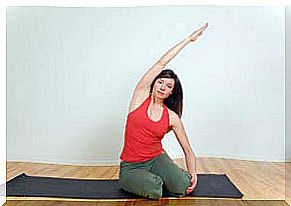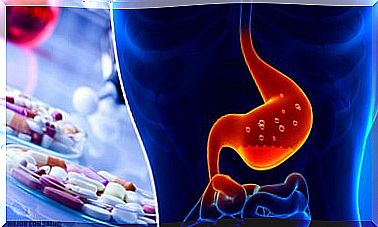External Hemorrhoids: Everything You Need To Know
Also called piles , hemorrhoids are a common condition that affects the veins in the rectum and anus, causing them to become inflamed. Depending on your location, we can differentiate between:
- Internal hemorrhoids (inside the intestinal tract)
- External hemorrhoids (located outside the anus).
Symptoms of external hemorrhoids
The inflammation of the anal veins appears in the form of lumps of a dark color outside the anus. On the other hand, they have a high sensitivity and produce an itchy sensation in the area. For this reason, there is presence of blood in the stool or on the toilet paper. Probably from a small tear in the affected blood vessels.
At the same time, external hemorrhoids often cause constipation or difficulty in defecation. In addition, it causes a discomfort that varies in intensity when faced with different activities or positions. For example, it worsens when the patient is sitting or during defecation. It is also aggravated if a clot forms in the external hemorrhoid.
Possible causes
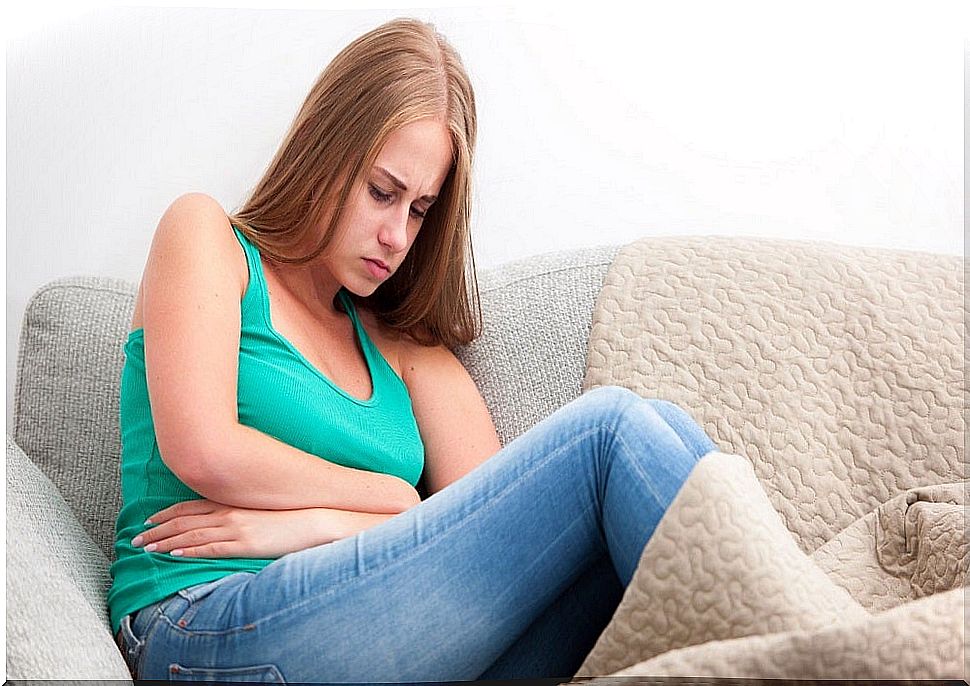
Generally, hemorrhoids manifest as a result of increased pressure in the rectal or anal region. In this way, we can point out a list of the most common causes:
- Alterations that affect the digestive system. In particular, the patient’s constipation (usually due to an unhealthy diet) or overexertion during defecation.
- Sitting for long periods of time, either at work or doing certain sports. For example, cycling or horse riding are more often associated with hemorrhoids than other types of sports.
- Hormonal changes during the evolution of the pregnancy.
- Use of certain drugs or medications. Certain chemical compounds can produce side effects in the patient in question.
- Genetic predisposition. Individuals who have a relative who has suffered from any type of hemorrhoid are more likely to suffer from them.
- Overweight or obese The increase in body mass exerts increased pressure on the blood vessels, which can affect the anal region.
Diagnosis
The medical team can carry out a series of medical tests in order to identify this pathology and rule out other possible alterations:
- Physical exam: Specialists can appreciate the lumps formed by swollen veins and check the patient’s symptoms, such as tenderness.
- Colonoscopy: During this test, a thin wire with a camera at one end is inserted through the patient’s anus. Thus, other more serious diseases can be ruled out, such as cancer of some part of the large intestine.
Treatment of external hemorrhoids
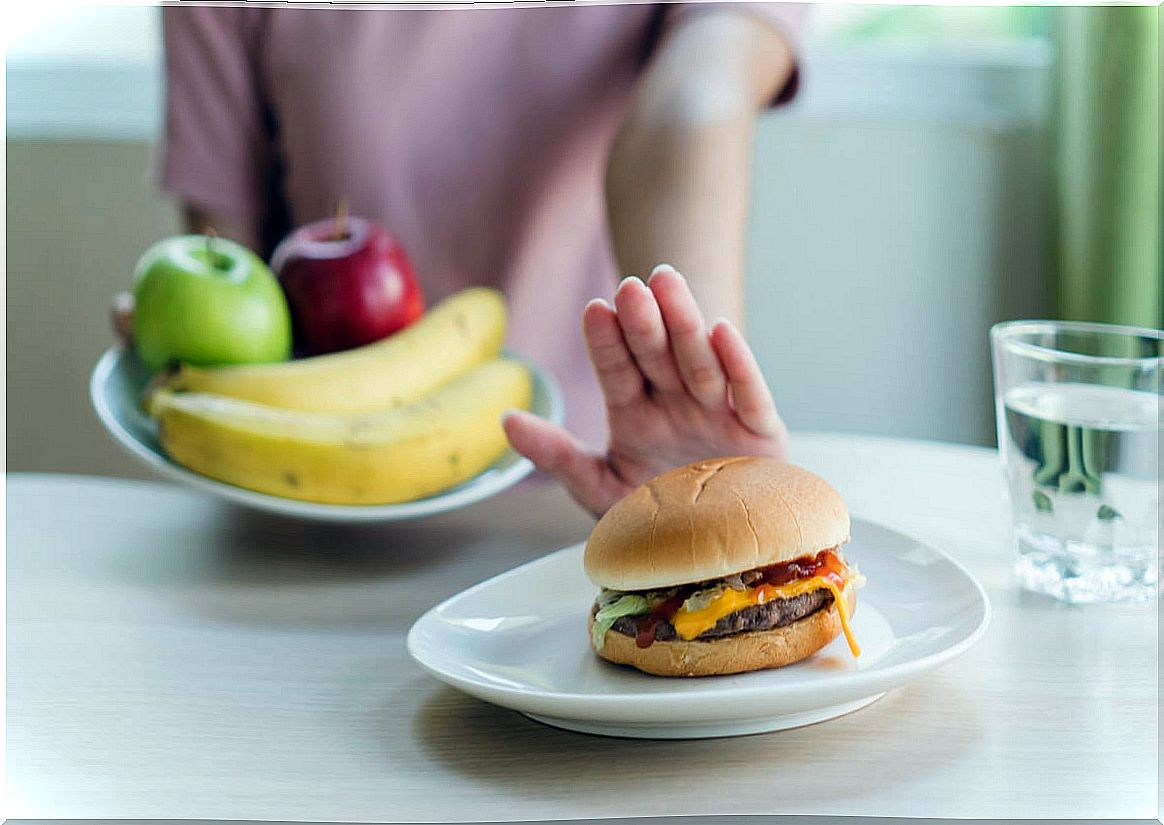
Currently there are different measures with the aim of alleviating the patient’s symptoms. The most common are the following:
- Take several baths a day with cold water to relieve anal itching and discomfort. You can also use compresses at a low temperature in the area to achieve the same effect.
- Maintain proper anal hygiene, using toilet paper to clean the region after defecation. Thus, the development of an infection in the affected areas is prevented or reduced.
- Medicines or drugs that reduce the pain caused by the hemorrhoid (analgesics). Presentations in the form of a local ointment (topical treatment) or oral can be used. Other substances may also be prescribed to help produce softer stools, helping with defecation.
- Eat a healthy diet that includes all the necessary nutrients in addition to consuming at least 2 liters of water a day. With these measures we are able to promote intestinal transit and solve possible constipation.
- In more serious or complicated clinical cases, the medical team may recommend surgical intervention. This process is called a hemorrhoidectomy and it removes the hemorrhoid that has not responded to the treatments mentioned above.
Prevention
It is advisable to improve lifestyle habits, in order to reduce the risk of developing hemorrhoids (of any type). For example, eating a healthy diet that contains all the necessary nutrients and engaging in moderate physical activity.
Last but not least, we must remember to maintain proper posture and change it after a short period of time. Likewise, it will be essential to consult with your doctor if you suspect hemorrhoids.



